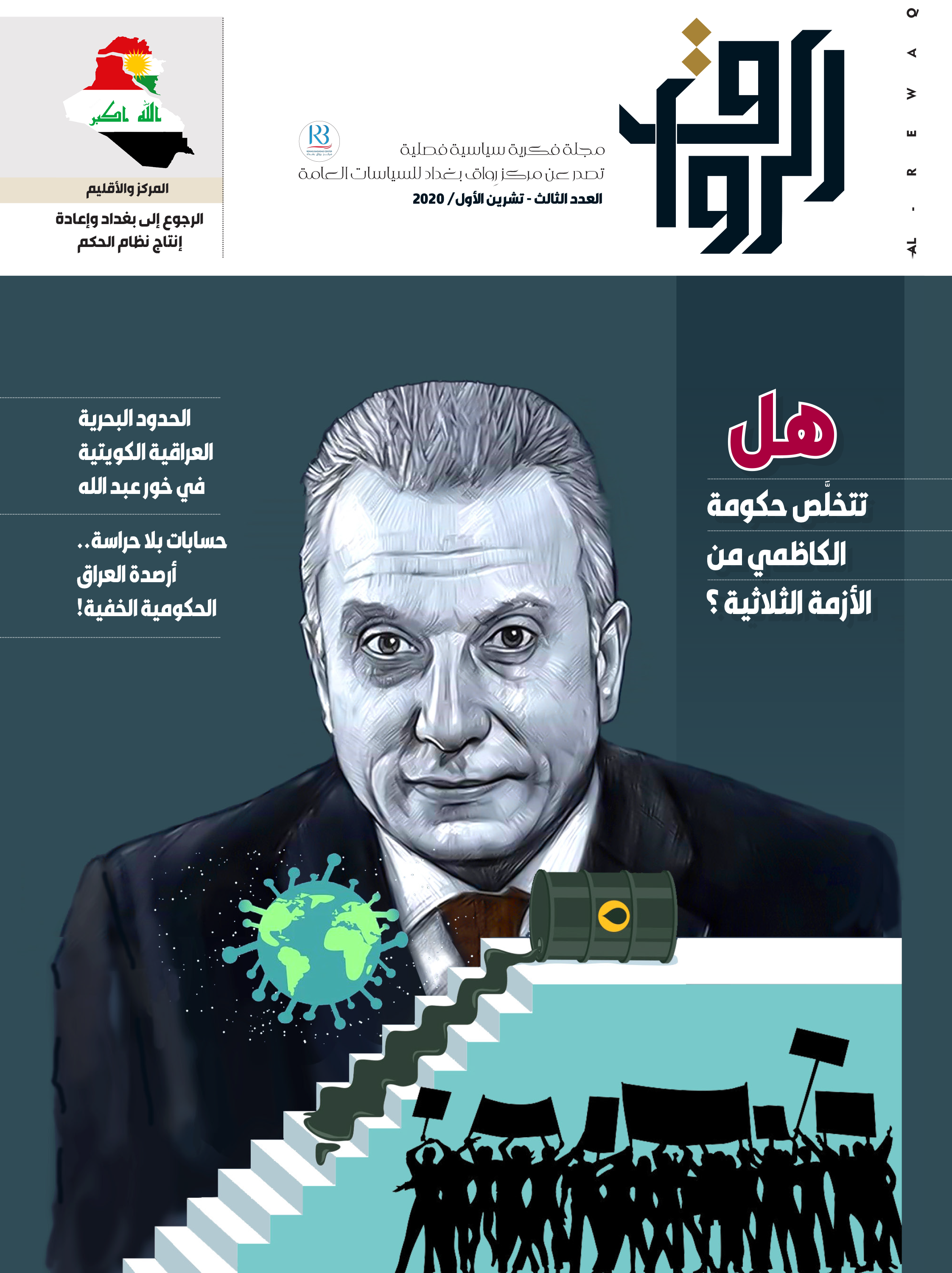Two pillars.. and what?!
Abbas Al-Anbouri
The political system in Iraq after 2003 relied on two pillars: the first, the peaceful transfer of power based on multi-partyism and free elections expressing
the will of the people in choosing their representatives. The other: freedom of expression represented by freedom of the press, publication and peaceful demonstration.
Although the social debate in comparing the two stages "before and after" the change has not been resolved in assessing various aspects of security, services,
the economy and the prestige of the state and its institutions, these two pillars - the peaceful transfer of power and freedom of expression -
have remained the greatest achievements of the stage of change and the crutch on which its supporters and advocates rely.
They are considered the foundation for building the modern state that Iraqis aspire to in their future.
The clear weakness in the institutions of the (state) after the change and the loss of their ability to establish security and provide basic services did not deprive them of much of the legitimacy to continue and be sustainable as long as the strikes did not target the two pillars of the political system.Thus, the experience of sectarian war, the protests of 2010 and 2015, and the ISIS occupation of a third of Iraq’s territory in 2014 passed without real fears of the collapse of the fragile state entity. However, the real alarm bells rang when the state faced a massive decline in popular participation in the 2018 elections.Which resulted from the great despair of broad sectors of the people regarding the possibility of bringing about real change in the living conditions they live through the ballot box. The crumbling (state) system lost one of its pillars and walked with one foot; the title of which was its preservation of (freedom of expression) which was guaranteed by its permanent constitution.
A group of researchers








